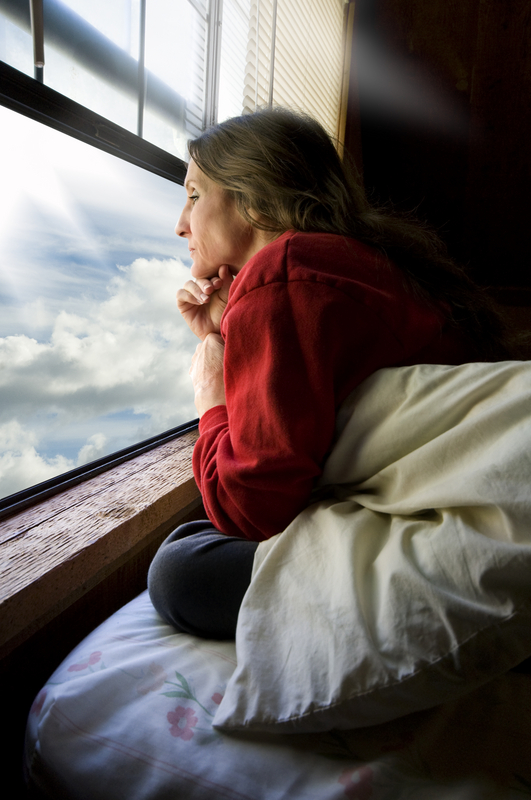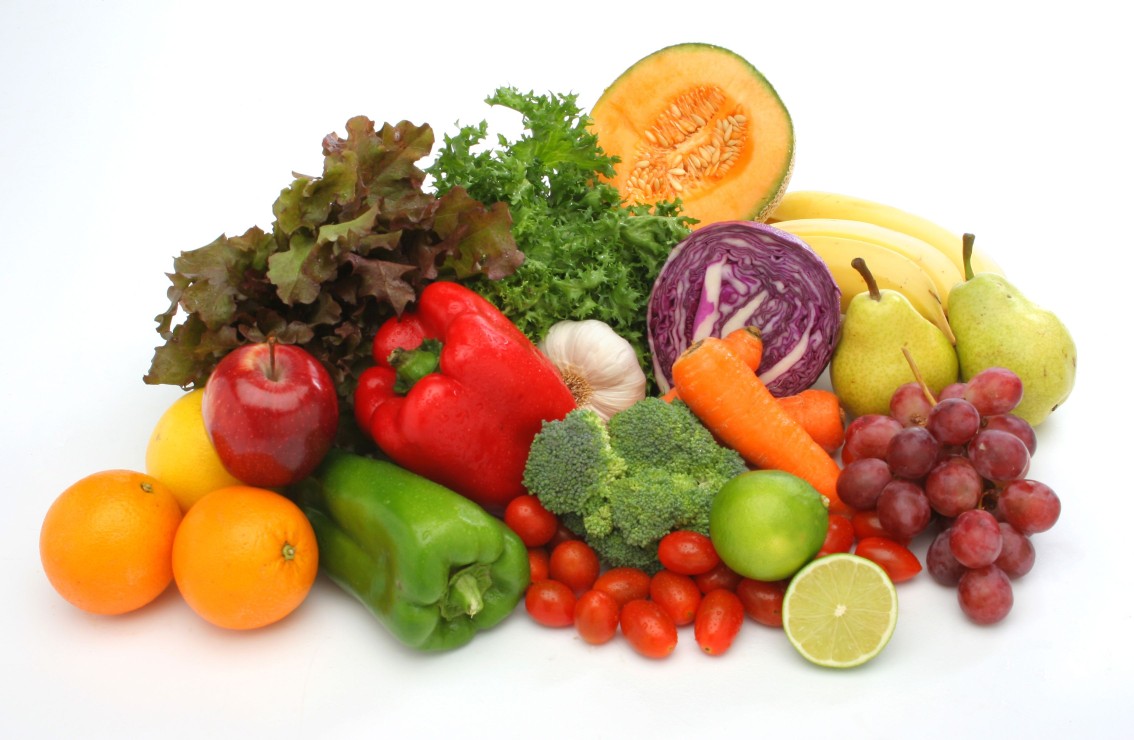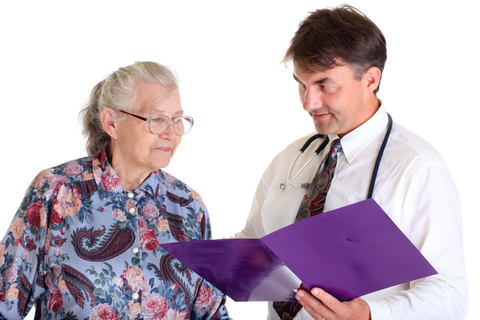Living with Psoriasis
Pregnancy | Children and Young People | Nutrition | Interacting with your Dermatologist | Basic Rules
One of the most negative social aspects of psoriasis is stigma, something that leads inevitably to social discrimination.

People staring, hesitating, behaving strangely or differently towards psoriatic patients have a negative influence on relationships, hence influence social identity.
Stigma leads to a lower self-esteem; therefore, people with psoriasis become more emotionally vulnerable and more subject to anxiety, depression and/or stress, all things that make the disease worse. Moreover, anxiety or depression may lead to an increase in the use of alcohol, with many terrible consequences for one’s health, social and work life.
LSocial discrimination linked to stigma influences people’s daily life; people suffering from psoriasis are often isolated or seen in a suspicious way when he/she is at work, school, at the gym, swimming pool, on the beach or at the hairdresser’s or barber’s
Stigma often makes people hide their psoriasis; it influences their choice of clothing, making them wear long-sleeves or long trousers also in summertime; it also influences their social choices, making them avoid other people or public places.
Therefore, it is important to offer to people suffering from psoriasis suitable strategies that can reinforce their self-esteem, so that they can have the right strength to face stigma and social discrimination.
Pregnancy
 Psoriasis does not have any influence on the possibility to have a child or on having a pregnancy with no particular issues.
Psoriasis does not have any influence on the possibility to have a child or on having a pregnancy with no particular issues.
It is obviously impossible to establish what can happen each time, but according to statistics, psoriasis reduces during pregnancy and then generally comes back few months after delivery.
Contact your gynaecologist and your dermatologist before taking any drug as during pregnancy some drugs may cause problems to the embryo and to the development of the foetus.
Children and Young People
Young people and children are a category that are more influenced by the problem, as they have to face every day their schoolmates and friends at school, on the beach, in the swimming pool, at the gym and may feel there is something wrong with themselves. That is why they need to be reassured more than others, but without being too caring. Do not make them feel different from their friends, brothers or sisters.
If we think a young person may be worried or unhappy, encourage him/her to speak with – maybe -a friend. Some children find it easier to speak with friends or consultants. Last but not least, tell them to contact their patients’ Associations where they will receive useful tips on how to open up themselves and find the best support for their discomfort.
Younger children are able to show better their feelings by drawing something or – maybe – talking to a pet or to an invisible friend. Stimulate them and reassure them there will always be someone ready to listen and help them when they will need it.
Young people must be continuously comforted and supported with the full collaboration of a dermatologist and of their parents so that they can find together the most suitable and valid treatment. Young people must be pushed to tell us how they feel, what they prefer doing and what they do not like about their treatment. We must teach them they must never give up hoping.
Nutrition
 The relationship between psoriasis and nutrition has been subject to much controversy. Many people say nutrition does not have a fundamental role, others, instead, such as Dr. Pagano, US chiropractor, say that some food cause a hyperacid toxic reaction in our body.
The relationship between psoriasis and nutrition has been subject to much controversy. Many people say nutrition does not have a fundamental role, others, instead, such as Dr. Pagano, US chiropractor, say that some food cause a hyperacid toxic reaction in our body.
Recent studies have shown a relationship between BMI (body mass index) and psoriasis and have suggested a diet with little animal fat and a lot of fruit and vegetables.
Although a correct diet does not directly influence the onset of psoriasis, it is important to lead a healthy life as this reduces relapses.
Some kind of food may worsen or even cause psoriasis; on the contrary, a vegetarian diet with little fat and few proteins may bring some improvements.
Bearing in mind that every psoriasis patient may have a different kind of reaction and may be or become hypersensitive to some type of food, people suffering from psoriasis should however eliminate or drastically reduce hyper-caloric food such as red meat, sausages, fried food, mature cheese, eggs, butter, salt, pepper, milk and dairy products, sugar, alcohol and spirits. On the contrary, they should eat brown bread, pasta, rice, legumes, vegetables, fruit and fish, which contains a great amount of omega-3 unsaturated fats.
There are however some basic rules a psoriatic patient should follow such as avoid any sort of alcohol, especially spirits, and not smoke, as the abuse of alcohol and tobacco smoking are among the main factors for relapses.
Interacting with your Dermatologist
 The difficulties encountered by people suffering from psoriasis and/or psoriatic arthritis often influence their relationship with their dermatologist. This does not allow one to establish a therapeutic alliance that could be very useful to achieve better results.
The difficulties encountered by people suffering from psoriasis and/or psoriatic arthritis often influence their relationship with their dermatologist. This does not allow one to establish a therapeutic alliance that could be very useful to achieve better results.
Therefore, an improved relationship between doctors and patients is fundamental to start up a treatment and overcome initial difficulties.
A dermatologist must be the patient’s ally; he/she must be open toward the patient’s experience and go beyond mere diagnosis.
Choose a specialist that takes into consideration the quality of life of his/her patients and their real needs.
Psoriasis: Basic Rules
- - Wear light clothes so that you can feel fresh and avoid the pressure of your clothes rubbing your skin. There are actually suitable clothes made of Teflon that guarantee the right function of your clothing.
- - Avoid tight clothes with elastics and buttons that may cause traumas or irritations.
- - Pay great attention to physical traumas: shaving, tattoos, abrasions, cuts, etc. may induce or worsen your psoriasis.
- - Keep your skin always clean and well hydrated, using emollient creams to prevent itching and rash.
- - Do not scratch yourself. Use suitable creams or oils instead.
- - Dry yourself using a towel without rubbing.
- - Use suitable detergents that do not favour the onset of psoriasis.
- - Follow a balanced diet and maintain your ideal weight.
- - Beware of “miracle cures”, especially those on internet that promise you full recovery.
- - Never feel ashamed or guilty.




